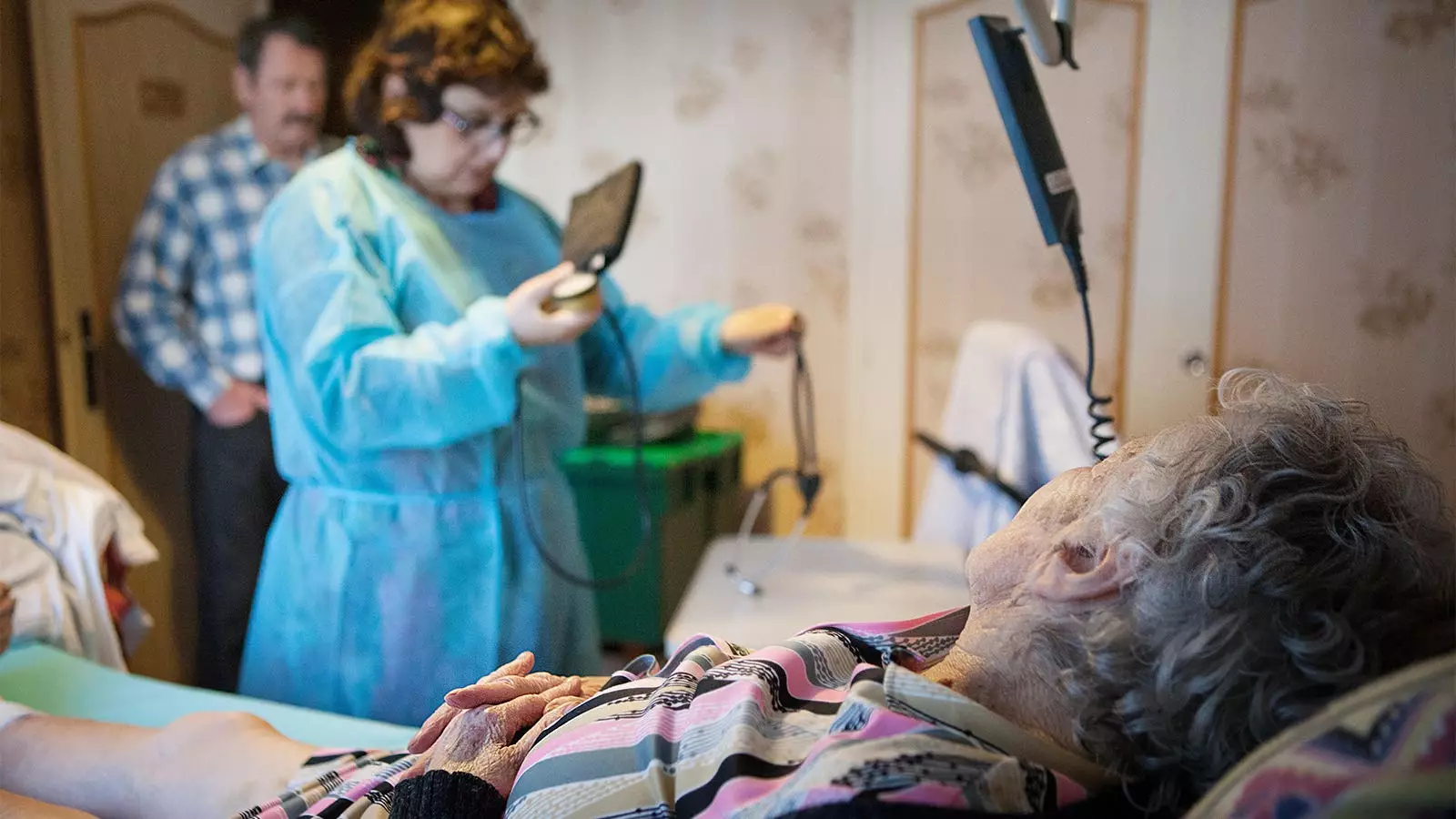With the ongoing COVID-19 crisis straining hospital resources, the Centers for Medicare & Medicaid Services (CMS) introduced the Acute Hospital Care at Home waiver in 2020. This initiative allowed hospitals to provide hospital-level care to patients in the comfort of their own homes. More than 300 hospitals across 37 states have taken advantage of this waiver, demonstrating the need for such programs.
Studies have shown that patients who receive hospital care at home experience low rates of emergency returns to the hospital, referrals to skilled nursing facilities, readmissions within 30 days, and mortality. Additionally, patients who are dually eligible for Medicare and Medicaid or have a disability or dementia have shown comparable or even better outcomes than those in traditional hospital settings.
Hospital-at-home programs align with the principles of Age-Friendly Health Systems, focusing on what matters most to patients and addressing their specific needs related to medications, mind, and mobility. By following the “4Ms Framework,” these programs ensure the delivery of evidence-based care that is tailored to each individual’s preferences.
Hospital-at-home programs have garnered support from clinicians, major health professional organizations, and patient advocacy groups. Research indicates that healthcare professionals have positive experiences working in these programs, and patients prefer receiving care in familiar surroundings. With endorsements from organizations like the American Medical Association and the American Hospital Association, the need for extending the waiver is evident.
While the rapid expansion of hospital-at-home programs during the pandemic has demonstrated their efficacy, challenges remain in terms of access and equity. Only a handful of state Medicaid programs currently cover hospital-at-home care, limiting its availability to low-income residents. It is crucial to address these disparities and ensure that all patients, regardless of their socioeconomic status, can benefit from these innovative programs.
Extending the Acute Hospital Care at Home waiver for an additional five years, as recommended by the Bipartisan Policy Center, will not only facilitate the growth of hospital-at-home programs but also allow for further research and improvements in care quality, safety, and cost-effectiveness. By providing technical assistance and support, the federal government can help expand access to hospital-at-home care and address the needs of vulnerable populations.
The continuation of the Acute Hospital Care at Home waiver is essential for enhancing patient care, improving health outcomes, and promoting a more patient-centered approach to healthcare delivery. By extending the waiver and expanding access to hospital-at-home programs, we can ensure that all individuals receive high-quality care in the comfort of their own homes. It is time to prioritize the well-being of patients and embrace the benefits of hospital-at-home care for a healthier and more equitable future.


Leave a Reply